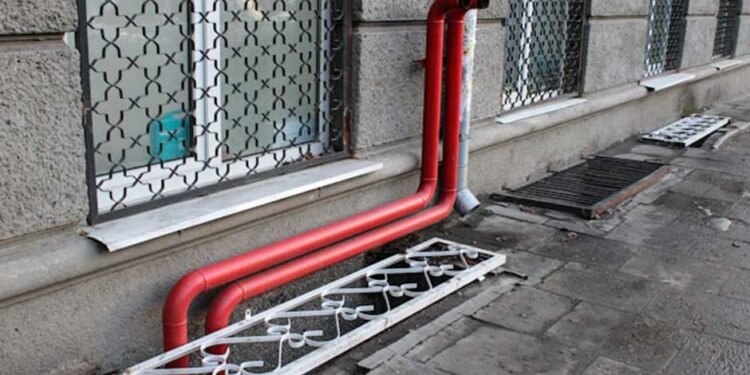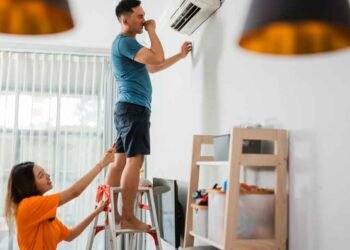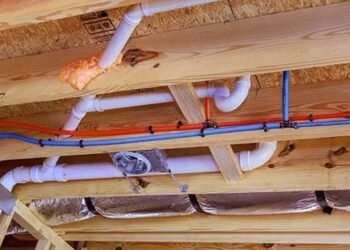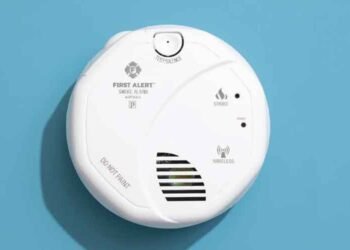Should plumbing issues get out of control, they might be expensive, aggravating, and annoying. Still, you may greatly lower the likelihood of a serious plumbing crisis with certain preventive measures and understanding. These five tips will enable you to prevent expensive disasters and maintain the condition of your plumbing system.
1. Prevent Water Backflow with Backflow Valves
The possibility of water backflow, which results from water reversals in your pipes, possibly polluting pure water supplies, is one frequently overlooked problem in plumbing repair. Unexpected variations in water pressure, including those brought on by pipe breaks, severe rain, or neighboring hydrant usage, may cause backflow. By putting toxins, germs, or chemicals into the water system of your residence, this problem can threaten your health. Install backflow prevention valves on your plumbing system, particularly if you have hot tubs, pools, irrigation or sprinkler systems, another plumbing system, or any backflow-inducing device.
Usually, test and maintain these valves as they provide the required protection to ensure that your drinking water remains free from contaminants. See a plumber to properly install and maintain these devices. Consider arranging backflow testing services to guarantee that pollutants do not enter your water supply in order to avoid any health risks and expensive repairs to further protect your plumbing system.
2. Check for Water Pressure Issues
Although it may not seem like a big deal, too much water pressure can severely stress your appliances, pipes, and fixtures, accelerating their wear out. High water pressure may cause leaks, worn-out fixtures, and even pipe breaks over time, therefore generating the possibility for costly repairs and flood damage.
Most hardware shops carry water pressure gauges to check your pressure; optimal values usually fall between 40 and 60 psi. Should the pressure be very high, think about adding a valve that reduces the pressure or having a professional plumber reduce it into a safe range. An inexpensive yet effective approach to increase the lifetime of your plumbing system and avoid expensive problems before they start is water pressure monitoring and control.
3. Be Cautious with Tree Roots Near Pipes
Should the trees on your property be close to sewage or water lines, their roots might endanger buried infrastructure. Naturally seeking moisture, tree roots may pass through even tiny pipe breaks and, over time, cause clogs or major damage. Slow drainage, gurgling noises, and even unexpected moist areas in your yard point to root invasion.
See a plumber to evaluate your plumbing condition and provide fixes if you believe tree roots might be causing problems. In certain circumstances, constructing a root barrier or replacing susceptible pipes with more robust materials may be essential to avoid expensive, long-term damage. Starting now will help to safeguard your garden and plumbing going forward.
4. Maintain Your Water Heater
A well-running water heater is what makes a warm home possible, but without regular maintenance, it might start to show problems such as leaks or sediment collection. Once a year flushing your water heater helps to remove any sediment gathered at the bottom of the tank, thereby maintaining its great state of performance.
This will increase its lifetime and increase its efficiency. If the water heater is nearing the end of its intended lifetime, also look for any indications of leaks, odd sounds, or corrosion and replace it. Good water heater maintenance may avert unplanned breakdowns and water damage.
5. Keep an Eye on Outdoor Plumbing
Many people concentrate on interior plumbing and overlook the exterior features, which, if ignored, may result in expensive problems. Particularly in winter, when pipes are more likely to fracture from freezing, check your outside faucets, hoses, and irrigation systems for leaks or damage indicators. In colder months, drain and preserve garden hoses to keep them from freezing and breaking.
As they may wastewater and raise your cost, check any irrigation systems for obstructions or leaks as well. Frequent maintenance of outdoor plumbing will assist in saving water and lower the danger of damage.
Conclusion
Although plumbing systems are not generally visible, considering them with these preventive actions may help you save a lot of time, money, and frustration. From understanding your main shut-off valve to keeping your water heater running, every action is meant to avoid little problems turning into plumbing nightmares. Following these extra five techniques in addition to your normal plumbing schedule can help you prevent unanticipated problems and keep the plumbing system of your house running as it should.












